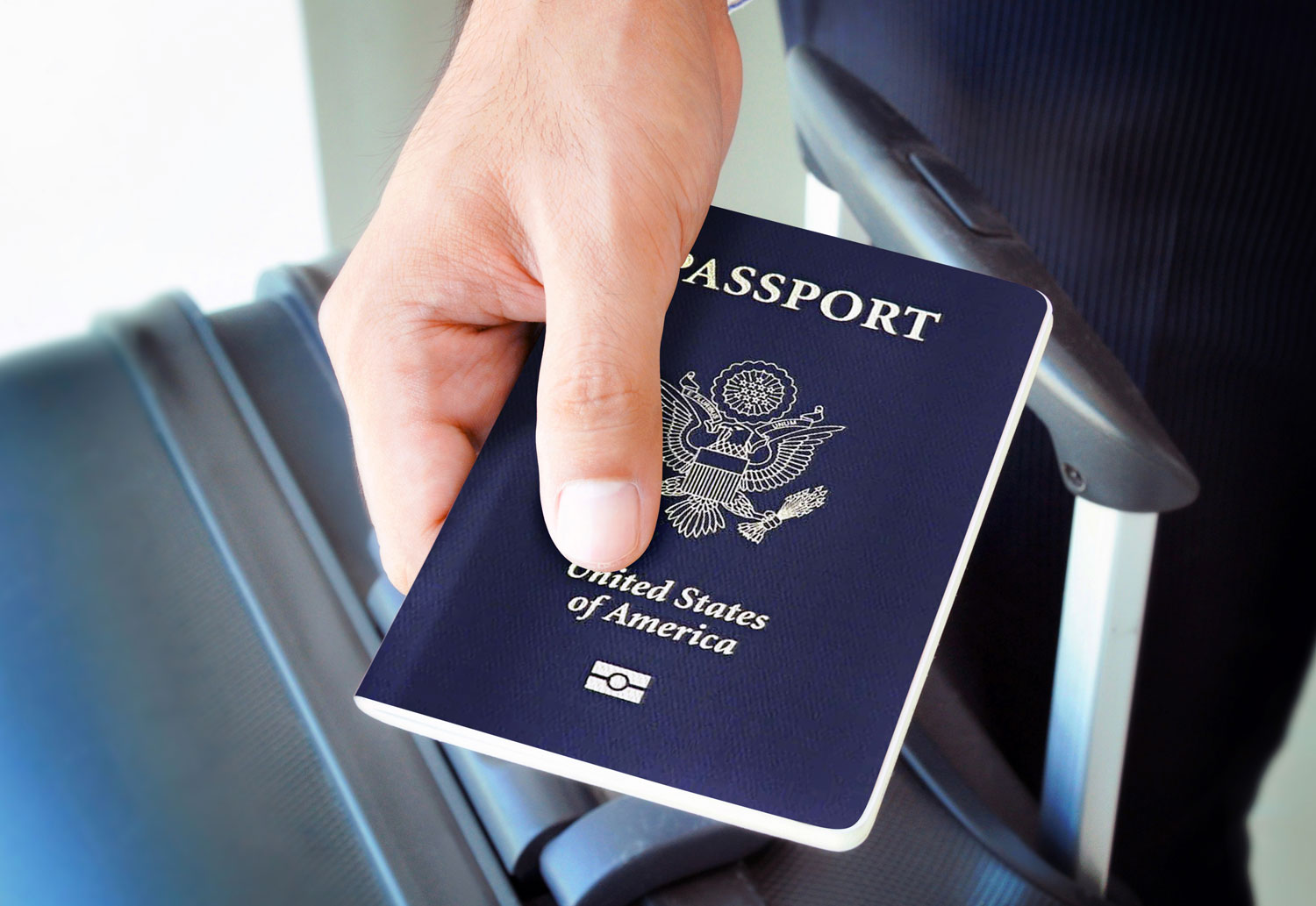What to Do If Your Passport Is Lost or Stolen
You're traveling abroad and you suddenly can't find your passport. Here's what to do.
Ben Ooi is a seasoned traveler, having visited 34 countries in his lifetime. But all that experience didn't stop him from going through the worst nightmare for international travelers: While on a trip to Brazil, Ooi lost his passport.

But Ooi, founder of Australian travel-planning website Travelendar.com, knew that careful preparation and resisting the urge to panic are the best ways to deal with such a situation.
"Losing a passport is not the end of the world," Ooi said. "Getting upset and angry will not bring back your passport."
MORE: How to Protect Your Identity, Personal Data and Property
Losing a passport will alter your travel plans — there's no way around that. But it is a situation that can be solved with some pre-trip preparations and a visit to your country's consulate or embassy.
What to Do Before Leaving Home
Before you get on that plane, train or ship, make a copy of the first page of your passport — the one with your picture and vital information. Pack it in your carry-on luggage, separately from your actual passport. (Do the same with your travel visas, if applicable.) You may want to leave an extra copy with an emergency contact back home as well, and/or give a copy to a trusted travel companion.
Also keep handy the phone numbers and email addresses for your country's consulates and embassies in whichever countries are you visiting so you know exactly who to contact in case of emergency.
"Don't assume you can easily connect online, as access may not be available in some locations," said Elizabeth Avery, founder of Solo Trekker 4 U, a travel website based in Washington, D.C.
Avery also advised packing an extra passport-size snapshot of yourself. Having one on hand can speed up the process of replacing a missing passport. A second form of identification, such as your driver's license or passport card, will also be helpful backup items.
If Your Passport Goes Missing
Let's say the worst has happened, and your passport is missing. Before you report the loss or theft, double- and triple-check to make sure that it is really gone, Ooi suggested.
"Once you report it to your country's embassy, they will cancel that passport," Ooi said. "If you later find it in your jean pocket, that passport is void forever."
When you are sure that the passport is gone for good, immediately contact your country's nearest consulate or embassy. If you are a U.S. citizen, you will need to visit the U.S. Embassy or a U.S. consulate in person to file a DS-11 (Passport Application) form and a DS-64 (Statement of Lost or Stolen Passport) form.
"Be aware: On long weekend holidays, you may only have access via an emergency number, and replacement passports can only be issued on business days," Avery said.
You should also report the missing passport to the local police in the country you're visiting, said Renata Castro, a Florida-based immigration lawyer. Then take the police report to the consulate's office to help expedite a replacement passport.
Getting the new passport won't be free. If you're a U.S. citizen, you can expect normal passport fees to apply, Castro said, but in extraordinary circumstances, the fee can be waived. Those extraordinary circumstances include instances in which you were a victim of a serious crime or disaster, or in situations where you may not have access to money (such as if you've been robbed or kidnapped).
Otherwise, the U.S. Department of State asks that the applicant enlist the name of individuals the applicant feels could help financially if the applicant cannot pay for the passport.
You will also need evidence of your U.S. citizenship, which is why having that photocopied passport page is crucial.
"I always have a copy of the passport on me, and have a digital copy available in a service such as Google Docs or Dropbox," Castro said. "That way, even if I lose the copy, I have access to the information that is crucial in this case — which is establishing U.S. citizenship. This is one of the most painstaking steps of the process."
You should also have a copy of your travel itinerary readily available. While passports can be issued quickly, it may not happen rapidly enough to meet your travel plans. The more quickly the passport is issued, the shorter its validity may be. You may need to reschedule flights and other travel plans.
Protect Your Identity
A lost or stolen passport can put you at risk for identity theft. You should alert credit-card companies and financial institutions of potential fraud on your accounts, and continue the monitoring after you return home.
Finally, when you get back home, contact the State Department, or your country's foreign ministry if you're not a U.S. citizen, to ask about the steps you need to take to replace your temporary passport.
There's no denying that a lost or stolen passport will cause both stress and a change to travel plans, but with some planning before leaving home, you can ensure the consular staff will have the documents they need in order to replace your passport quickly.
Sign up to get the BEST of Tom's Guide direct to your inbox.
Get instant access to breaking news, the hottest reviews, great deals and helpful tips.
